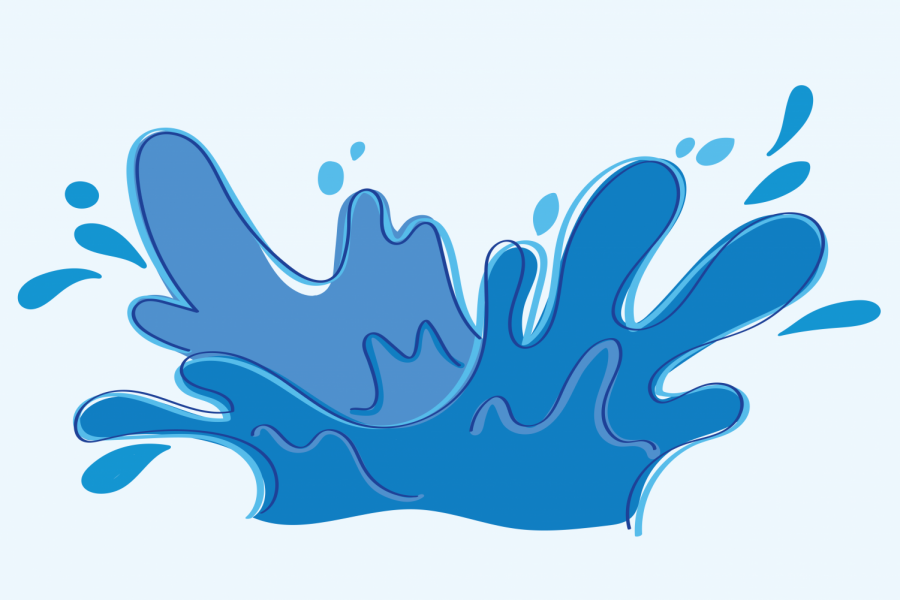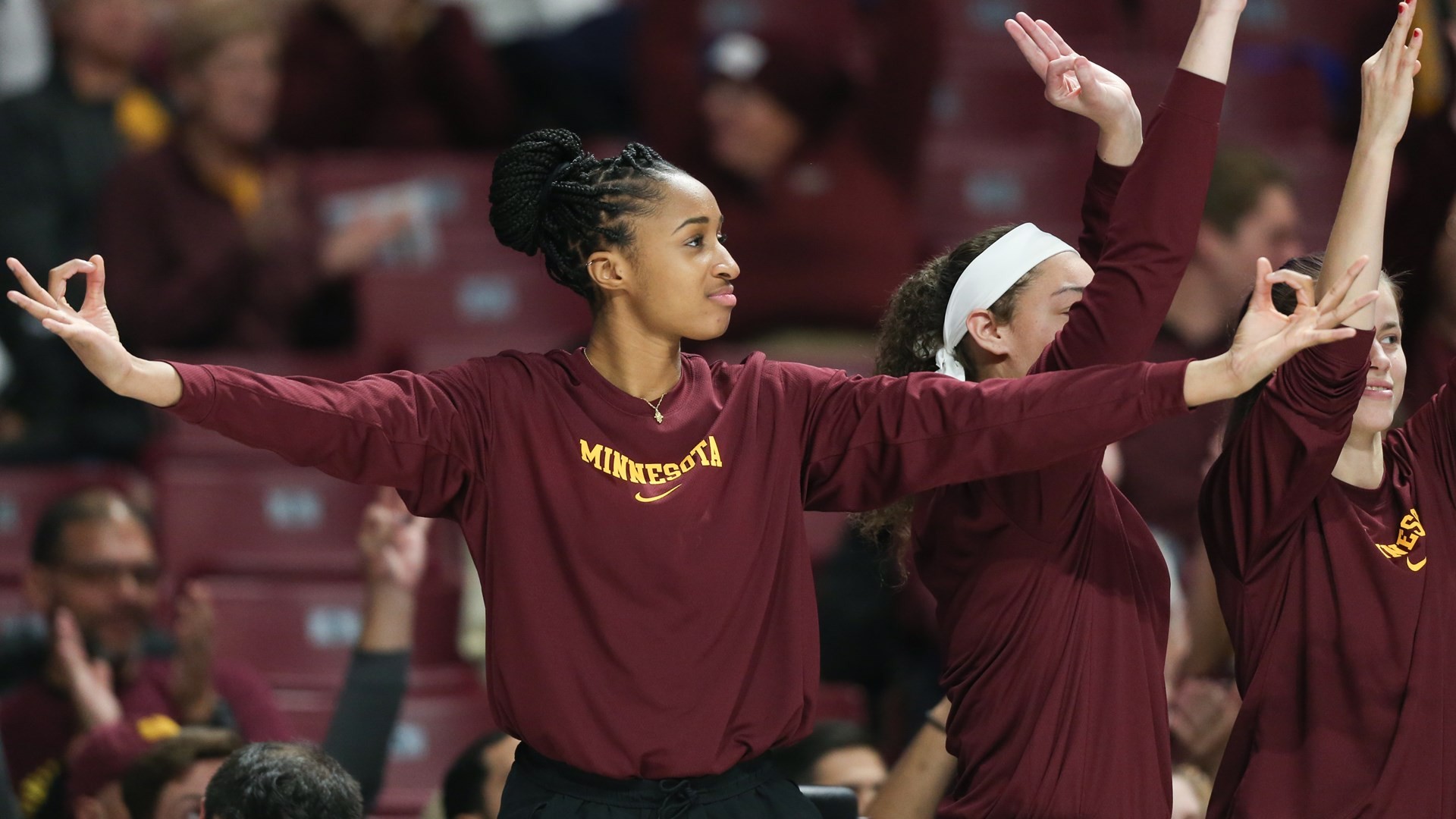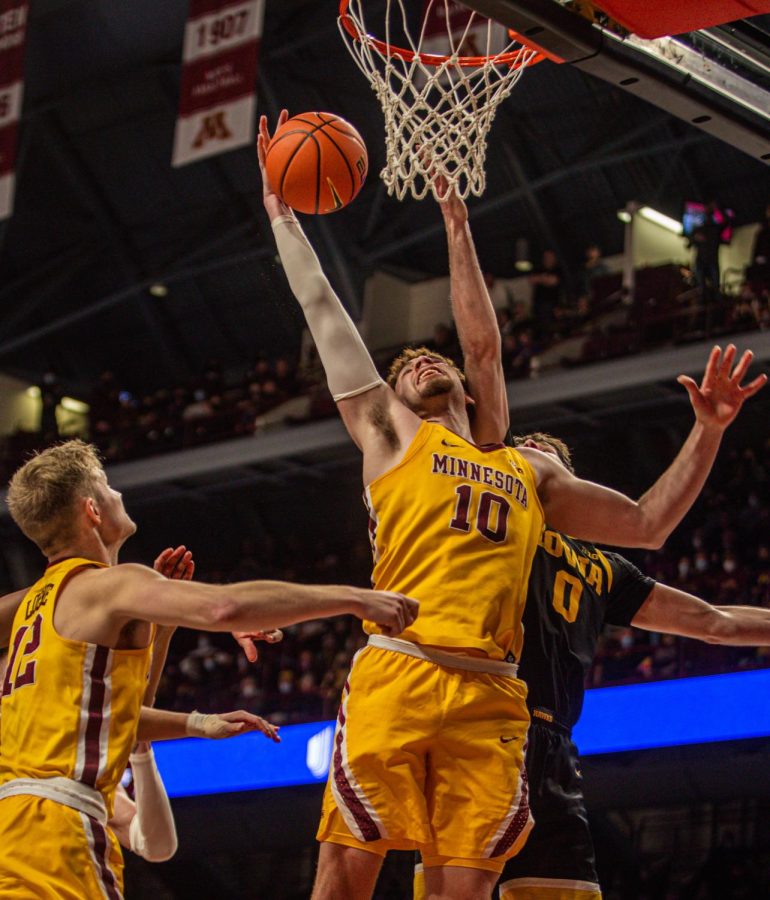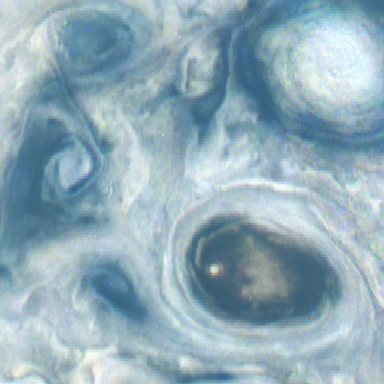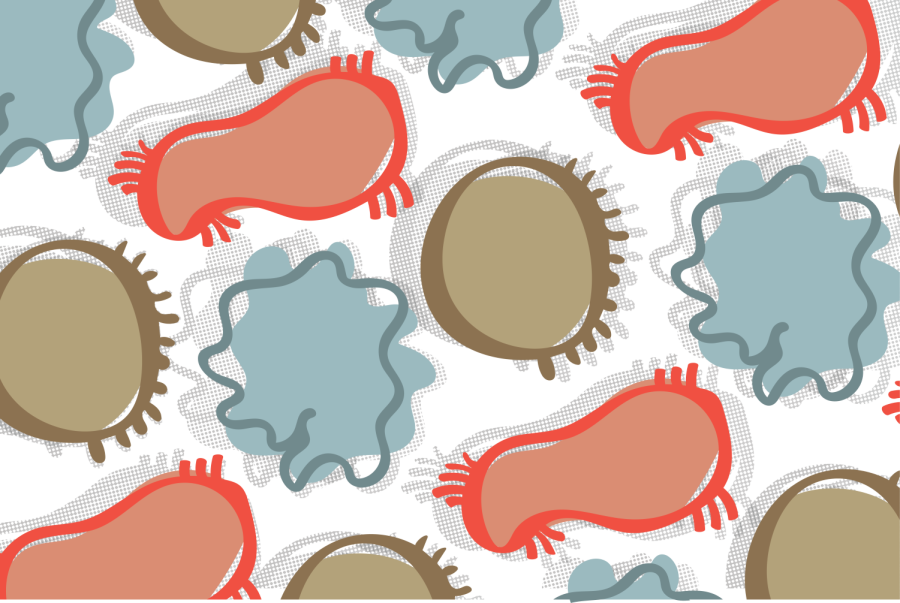With the nickname “The Land of 10,000 Lakes,” it’s no surprise that water is one of the most significant natural resources in Minnesota.
In 2016, the prior University’s Vice President for Research, Brian Herman, formed the Water Council to bring together researchers and specialists on water resources across the University system to address concerns for clean water. Around 15 individuals are elected or appointed from water units to be members of the Water Council.
The Water Council reports to the University’s Office of Research. In return, the University’s Office of Research attends Water Council meetings and identifies the top subjects of interest across the University, such as pollution and water quality issues. This office forms the framework for University researchers to work in and achieve tasks.
In 2019, the University Water Council took an inventory which discovered that 272 individuals from the University system specialize in some type of water research.
“It was spread out across the state, which made it clear that we wanted to make the whole greater than the sum of the parts,” said Jeffery Peterson, University Water Resources Center director.
“We had the potential to create an infrastructure that would allow all those different people to find each other,” Peterson said.
Despite the onset of the pandemic in 2020, the Water Council formed the virtual water network, creating opportunities for water scholars to collaborate from different locations from facilities and institutions across the University system and University of Minnesota Extension. Membership for the network is self-selected and voluntary.
The virtual setting for the network worked out well, since it collapsed distances that enabled timely collaboration and participation in events such as water coolers or water circles.
Water coolers are meetings with no proposed topic but topical water coolers allow scholars to propose a topic to discuss. Water circles can also be formed if members are wanting to have a series of discussions on a topic.
Robert Sterner, member of the Water Council and director of the Large Lakes Observatory at University of Minnesota – Duluth, said “we needed to build a way for water researchers across the University to find each other, collaborate, and come together in new ways.”
The Large Lakes Observatory conducts scientific investigations of large lakes which are highly specialized, requiring oceanography and more typical science dealing with freshwater resources.
The Observatory is one of many interdisciplinary scientific studies across the University system, with working groups of water research at the Institute on the Environment, St. Anthony Falls Laboratory, Minnesota Aquatic Invasive Species Research Center, and several others.
Sterner is hopeful that these working groups will result in large grant proposals, new initiatives, academic papers, or new ways of thinking.
“It would be great for the network to make a structure including workshops and training for the graduate students, which could provide a beneficiary framework,” Sterner said.
Peterson added that the Water Council will continue to meet regularly and keep talking about how to improve communications, coordination, and create more committees.


